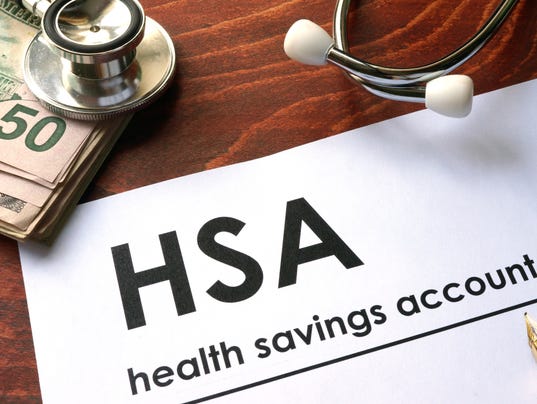MULTIZ321
TUG Member
- Joined
- Jun 6, 2005
- Messages
- 31,348
- Reaction score
- 9,013
- Points
- 1,048
- Location
- FT. LAUDERDALE, FL
- Resorts Owned
-
BLUEWATER BY SPINNAKER HHI
ROYAL HOLIDAY CLUB RHC (POINTS)
Pete the Planner: A Critical Look at Health Savings Accounts, A Financial Product I Like
Peter Dunn, Special for USA Today/ Money/ Personal Finance/ usatoday.com
"I thought they were playing a trick on me.
“That will be $225,” the nurse exclaimed as I was checking out of my doctor's office after a 10-minute consultation that determined that I didn’t have the flu.
I extended my neck toward her like a turtle listening to a secret, “Excuse me?” Yet, there was no mistake. This was my first visit to a doctor after my health coverage switched to a high-deductible health plan accompanied by a Health Savings Account (HSA). Where the same visit would have cost me $20 just a few months prior, it now cost me $225.
Health Savings Accounts (HSAs) are often identified as the solution to our health care cost problems. Yet for many Americans, HSAs can create a wake of financial destruction after the most benign trip to the doctor. This is because with HSAs, the patient is responsible for all health care costs until the deductible is met....."

(Photo: iStockphoto)
Richard
Peter Dunn, Special for USA Today/ Money/ Personal Finance/ usatoday.com
"I thought they were playing a trick on me.
“That will be $225,” the nurse exclaimed as I was checking out of my doctor's office after a 10-minute consultation that determined that I didn’t have the flu.
I extended my neck toward her like a turtle listening to a secret, “Excuse me?” Yet, there was no mistake. This was my first visit to a doctor after my health coverage switched to a high-deductible health plan accompanied by a Health Savings Account (HSA). Where the same visit would have cost me $20 just a few months prior, it now cost me $225.
Health Savings Accounts (HSAs) are often identified as the solution to our health care cost problems. Yet for many Americans, HSAs can create a wake of financial destruction after the most benign trip to the doctor. This is because with HSAs, the patient is responsible for all health care costs until the deductible is met....."

(Photo: iStockphoto)
Richard
